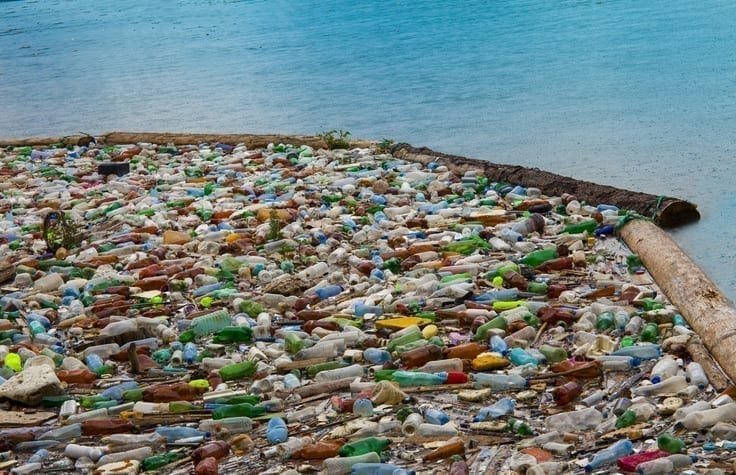England is one step closer to getting a deposit system that could boost recycling for bottles and cans to more than 90%. The Department for Environment, Food and Rural Affairs (Defra) has launched a new consultation on two design options for what the system will include and how it will operate.
Going all in
One of the options – an ‘all-in’ model – captures up to 98% of plastic bottles in some countries. These systems collect more bottles and containers, and create the strongest circular economy. This is how to stop billions of plastic bottles from polluting our ocean.
‘The most effective deposit return systems globally are the most inclusive – covering all sizes of beverage containers’, explains Hugo Tagholm, CEO of Surfers Against Sewage. ‘This will be the most understandable for the public, ensuring that recycling becomes simpler and more effective.’
However, the consultation shows that the government is considering a second option of limiting the scheme to small bottles, despite evidence that this would exclude millions of plastic bottles. The inclusion of this ‘on-the-go’ model reflects recent reports that the drinks industry is aiming to limit the scope of any system introduced.
Surfers Against Sewage (SAS) volunteers collected 27,696 single-use drinks containers from 500 beaches and rivers in clean-ups in October. Of the bottles, 58% were 750ml or larger and would be excluded if the drinks industry succeeds in convincing the government to limit the new deposit scheme.
Despite the evidence found on UK beaches, the British Retail Consortium has called for limits on the size of plastic bottles included in the scheme.
‘Learn from past mistakes’
The Campaign to Protect Rural England (CPRE) has urged the government to learn from past mistakes on deposits for bottles and cans when consulting retailers and the packaging industry.
The warning came as the countryside charity highlighted extracts from archived transcripts. They demonstrated that the decision to reject a Beverage Container Bill in 1981 – which would have required all cider, beer and soft drink bottles to carry a deposit – by the House of Lords, was done so on the grounds that industry itself would deal with the waste it was generating. This effectively closed the debate on deposits for drinks containers for more than a generation.
The transcript shows that 26 trade associations lobbied the government to reject a deposit system, on the grounds they would voluntarily take action to deal with the packaging they create. Almost 40 years on, the polluted state of our countryside, streets and oceans proves that any effort they may have made has been resoundingly unsuccessful.
‘Over the past 40 years the evidence of the benefits of deposit return systems has only got stronger. Depressingly, parts of industry are still making the same false claims and empty promises in an attempt to thwart its introduction, or limit what it includes. Retailers and packaging producers got their way in 1981 and look at the mess we’re in now. Consumption has sky-rocketed, while recycling has flat-lined; our countryside, rivers and oceans are choked with plastic; and many of the drinks containers are collected so inefficiently that their poor quality means we struggle to recycle them within the UK, and the rest of the world no longer wants them either.’
SAMANTHA HARDING
Litter programme director at CPRE
 Play Video about This Rock Might Just Save The World
Play Video about This Rock Might Just Save The World Play Video about Play 2 hours of rock
Play Video about Play 2 hours of rock Play Video about Play 2 hours of brook
Play Video about Play 2 hours of brook Play Video about Play 2 hours of sheep
Play Video about Play 2 hours of sheep











































